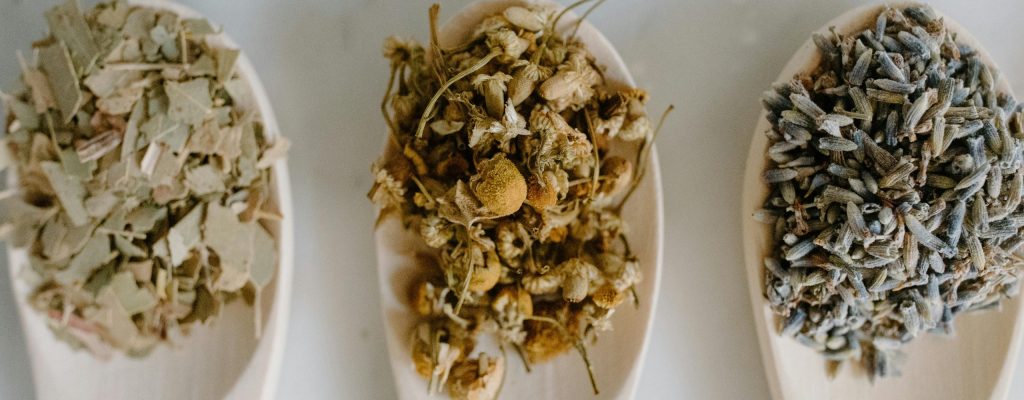Breast implants have been marketed for decades as a safe and long-lasting surgical enhancement option. However, a huge number of women are reporting a cluster of debilitating symptoms and chronic health issues now known as Breast Implant Illness (BII), a condition linked to both saline and silicone breast implants.
Whilst this illness is still not officially recognised by all medical institutions, mounting anecdotal evidence, emerging studies, and clinical observations are finally bringing this condition into the spotlight. Women across the world have been putting their stories and experiences out there via social media and online for many years to get their voices heard and to ultimately get answers and resolution to their health issues.
What Is Breast Implant Illness?
BII refers to a collection of symptoms that some, not all, individuals experience after receiving breast implants – symptoms that can affect every system in the body. These symptoms can occur immediately after surgery or many years later, often triggered or worsened by factors such as:
- Damage to the implants or rupture
- Mould exposure
- Existing autoimmune conditions
- Chronic stress
- Heavy metal toxicity
- Viral reactivations (like EBV or CMV)
- Genetic susceptibilities
The underlying theory is that any foreign object implanted in the body can provoke an immune response, chronic inflammation, and toxic overload, especially when the body is already burdened by environmental or genetic risk factors.
Diagnosis of BII is tricky since BII isn’t formally recognised by the medical community in Australia, although it is being increasingly accepted as a genuine condition affecting many women. Diagnosis is largely via a process of exclusion whereby other causes of symptoms are ruled out. An MRI may be conducted to assess for rupture and overall condition of the implants. Blood tests may be ordered to look at inflammatory or autoimmune markers and infections. The GP or specialist would also conduct a thorough medical history and symptomatology review.
Many women simply say that they knew their implants were “making them sick”. They may have noticed their symptoms commenced not long after having implants put in. They often describe themselves as “never being well since”.

Symptoms of BII
Symptoms vary widely, but most involve a mix of neurological, hormonal, immune, and gastrointestinal issues. Common symptoms include:
- Fatigue and chronic fatigue syndrome
- Brain fog
- Anxiety, depression
- Insomnia
- Night sweats
- Heart palpitations
- Headaches, migraines
- Tinnitus
- Hair loss
- Acne, perioral dermatitis, rashes
- Gut issues eg. IBS, SIBO, leaky gut
- Food intolerances
- Chemical sensitivities
- Hormonal imbalances eg. PMS, painful cycles, irregular periods, oestrogen dominance
- Lowered libido
- Autoimmune conditions eg. Hashimoto’s thyroiditis, SLE (lupus)
- Fibromyalgia
- Lyme-like symptoms
- Connective tissue diseases
- Fertility issues
- Recurrent virus reactivation eg. EBV (Epstein Barr Virus) and CMV (cytomegalovirus)
Toxins in Breast Implants
Whether filled with saline or silicone, all breast implants contain a silicone outer shell, and this shell, along with the implant, often contains a variety of potentially toxic substances and heavy metals, including:
In saline implants:
- Silicone rubber (polysiloxanes)
- Silica
- Tin and platinum
- VOCs like xylene
In silicone implants:
- Toluene, xylene, benzene
- Formaldehyde, ethyl acetate
- Methyl ethyl ketone, cyclohexanone
- Polyvinyl chloride (PVC), urethane
- Heavy metals: arsenic, aluminum, tin, platinum
These substances are widely known to be neurotoxic, carcinogenic, and endocrine-disrupting, contributing to systemic toxicity over time.
In cases of rupture, silicone can leak into surrounding lymph nodes and organs, such as the liver and gallbladder.
It is not always apparent when an implant has ruptured. It is harder to know if rupture has occurred with silicone implants than with saline. In the case of saline implants, a rupture will cause saline to leak out and the implant to shrink then collapse.
Signs of saline implant rupture can include:
- Changes in breast shape and appearance (this could be to just one implant)
- Loss of fullness in upper breast area
- Noticeable rippling
- Visible edges of the implant
With silicone implants, a rupture can remain undetected for some time since the silicone doesn’t leak straight out. It tends to remain in a layer that forms around the implant.
Signs of silicone implant rupture include:
- Breast pain
- Lumps or thickening around the breast
- Changes to the shape of the breast
In both cases, capsular contraction may occur (where a hard capsule of scar tissue forms around the breast and contracts the implant). Capsular contraction can also occur without rupture. It can cause pain as well as a change in outward appearance of the implants.
Surgeons recommend that revision surgery is performed after 10-15 years of having implants put in. And in the case of suspected rupture, the surgeon should be contacted to arrange an ultrasound or MRI.
To Explant or not to Explant
Some women will decide to explant although it’s not always an easy decision to reach. There are many conflicting thoughts to grapple with – the worries over aesthetics; whether symptoms will actually resolve; the cost involved and many other considerations.
It’s important to acknowledge that this is a personal choice and each woman should be fully supported by medical professionals and those close to her in whichever decision she makes.
If explant is decided upon, for best results, look for a surgeon experienced in “en bloc” capsulectomy – removal of the implant and capsule in one piece to avoid leaving behind any scar tissue or biofilm (a layer of bacteria that can form on the implant surface and evade the immune system).

How a Naturopath Can Support Healing from Breast Implant Illness
Healing from BII is not just about removing the implants. It’s about restoring balance in a body that has likely been inflamed, overwhelmed, and over-burdened for years. This is where naturopathic medicine can be so beneficial.
Not all women will decide to explant. Whilst explanting is likely to be the best option in terms of future health outcomes, decisions in life are always hard to make and every woman will have different reasons for coming to her ultimate choice on whether to keep them in, replace them or remove them all together.
As a naturopath treating women in this space, I meet each patient where they are at and treat according to their individual circumstances.
Can You Work with a Naturopath before Explanting?
Yes – and it’s highly recommended.
Even if you still have your implants in (and are unsure about removal), a naturopath can help reduce symptoms, gently support detoxification, and prepare your body for the best possible outcome, whether or not you pursue surgery.
Support Before, During, and After Surgery
A naturopath can help to:
- Gently open and support detox pathways (liver, lymph, kidneys, gut)
- Boost nutrient reserves to aid healing
- Manage ongoing symptoms like fatigue, insomnia, anxiety, brain fog, or skin issues
- Calm inflammation and modulate the immune response
- Balance hormones
- Support adrenal recovery
- Address gut dysbiosis, food sensitivities, and leaky gut
- Support methylation and glutathione pathways for better toxin clearance
Functional testing may be used to evaluate your:
- Hormonal status
- Immune markers
- Gut health (e.g. stool testing, SIBO breath test)
- Heavy metal load
- Genetic variations (e.g. MTHFR, COMT)
- Organic acids test (mitochondrial function, detox capacity, metabolic processes, neurotransmitter metabolism, nutrient deficiencies…)
Healing Is a Journey
Healing from BII is deeply personal. It takes time, support, and a whole-person approach. Whether you’ve had your implants removed, are beginning to explore this possibility, or wish to retain them, know that you’re not alone, and that healing is absolutely possible.
Naturopathic care offers a holistic approach to pursuing better health when someone is suffering from BII. It looks at all the different ways in which the person is being impacted – including the nervous system, gut, immune system, hormones and more – and supports the body to rebalance again.
If you wish to have a chat about working with me for BII treatment, book in for a free 15-min discovery call.



